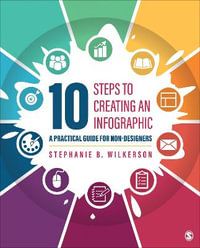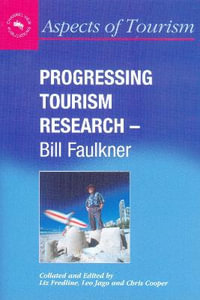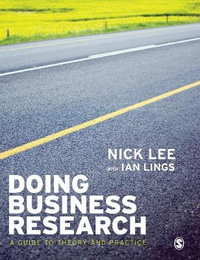Young (and not only young) researchers preparing to present their research results must face two serious challenges: one is the integrity of their informants - how to tell their stories without revealing too much about them and their organizations? The other is how to tell their research story in a way that will not be boring to the readers? While the challenges are as old as social sciences, the solution proposed by Americo, Clegg and Tureta is truly innovative: narrative semi-fiction - presenting reality as it is but decorated in ways that help maintain the privacy of other people and sustain the interest of the readers. Both students and researchers studying management and organization, as well as other social phenomena, will find inspiration in this book.
Barbara Czarniawska, Senior Professor of Management Studies, University of Gothenburg, Sweden
It's been over 40 years since John Van Maanen and colleagues (Administrative Science Quarterly, 1979) used an exclamation point to punctuate the qualitative research option in organizational studies. In the same vein, this lively, relatively short book also encourages imaginative research designs and finding comfortable, productive spaces in interpretive epistemology. The book is both a scholarly source that discusses a wide range of published material on qualitative research methods and something of a manifesto that advocates "radical curiosity and creativity" when conducting qualitative research. The authors wrote the book for students at very early stages of their research careers. In my view, however, the book should provide more advanced scholars plenty of philosophical insights and inspiring angles on the major challenges researchers have encountered when actually doing qualitative studies.
John M. Jermier, Professor of Organizational Behavior and Professor of Sustainable Enterprise Research, University of South Florida, Tampa, U.S.A.
This new book responds to a timely and urgent call for qualitative research to help understand the complex health, economic, social, and environmental crises unfolding. At once a practical guide for qualitative researchers and a model for original research writing, the book emphasizes the process for conducting rigorous social inquiry and the ways that qualitative researchers can leverage creative writing and narrative to make their research more accessible. It is a critical and creative contribution to qualitative research methodology and a resource I will be recommending to my students moving forward!
Julie Battilana, Joseph C. Wilson Professor of Business Administration, Harvard Business School Alan L. Gleitsman Professor of Social Innovation, Harvard Kennedy School, USA
Founder and Faculty Chair, Social Innovation and Change Initiative
























